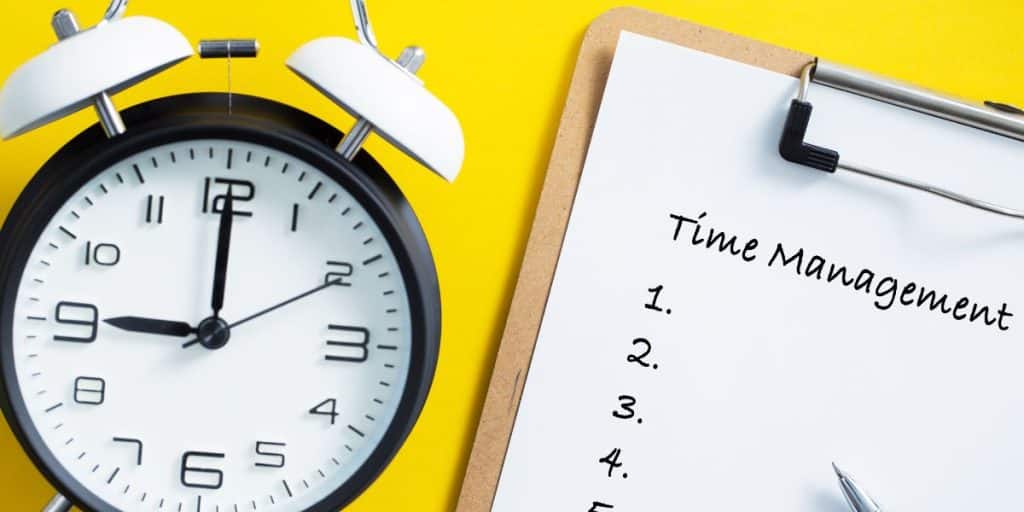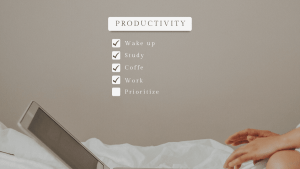How can I identify my biggest time-wasters?
To identify your biggest time-wasters, start by tracking your activities for a week. Note the duration and frequency of each task, including breaks and distractions. Review your log to spot patterns and activities that do not contribute to your goals. Apps and tools designed for time tracking can simplify this process.
What are the best strategies for prioritizing tasks?
Prioritize tasks based on urgency and importance. Use the Eisenhower Box technique, dividing tasks into four categories: urgent and important, important but not urgent, urgent but not important, and neither urgent nor important. Focus on completing tasks in the first two categories before moving on to the others.
How can I avoid procrastination?
To avoid procrastination, break tasks into smaller, manageable parts to reduce overwhelm. Set clear, achievable goals and deadlines for each part. Eliminate or minimize distractions, and consider using a timer to work in focused intervals, followed by short breaks (the Pomodoro Technique). Reward yourself for completing tasks.
Can multitasking improve my time management?
Multitasking often reduces efficiency and the quality of work. It’s better to focus on completing one task at a time. This approach allows for full concentration, leading to faster completion and fewer mistakes. If multitasking is necessary, try to combine only those tasks that require different types of brain processing.
How do I handle unexpected tasks or interruptions?
When unexpected tasks or interruptions occur, assess their urgency and importance. If they’re not urgent or important, politely decline or schedule them for later. If they must be addressed immediately, pause your current task and note where you left off. After dealing with the interruption, return to your original task.
What tools can help with time management?
Numerous tools can aid in time management, including digital calendars, task management apps, and time tracking software. Tools like Trello, Asana, and Todoist help organize tasks and deadlines, while Google Calendar can manage your schedule. Find tools that fit your specific needs and preferences.
How important is it to take breaks?
Taking regular breaks is crucial for maintaining productivity and mental health. Short breaks during work, such as the 5-minute breaks recommended by the Pomodoro Technique, can prevent burnout, maintain focus, and boost creativity. Ensure your work schedule includes time for relaxation and activities you enjoy.
What’s the role of goal setting in time management?
Goal setting is fundamental in time management as it provides direction and motivation. Set SMART (Specific, Measurable, Achievable, Relevant, Time-bound) goals to clarify your objectives and determine the steps needed to achieve them. Regularly review and adjust your goals to reflect your progress and any changes in your priorities.
More about time management:












